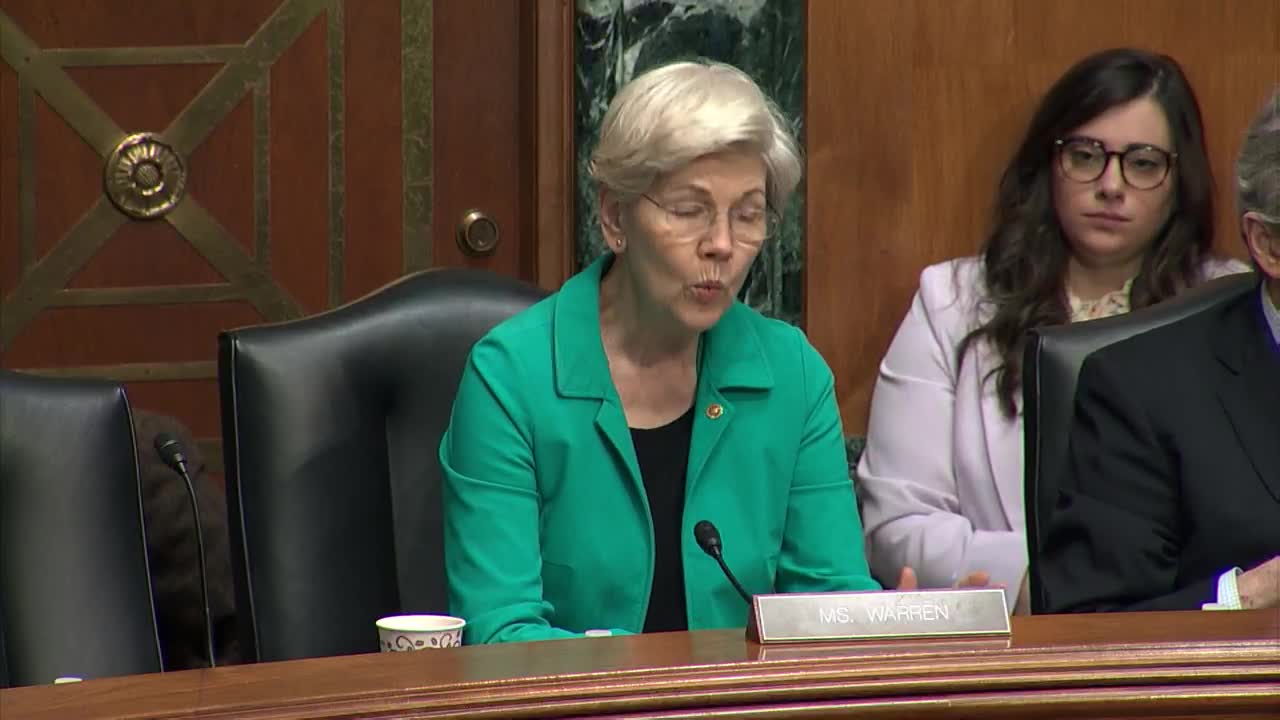Senators push for reform to end non compete abuses
July 30, 2024 | Banking, Housing, and Urban Affairs: Senate Committee, Standing Committees - House & Senate, Congressional Hearings Compilation, Legislative, Federal
This article was created by AI summarizing key points discussed. AI makes mistakes, so for full details and context, please refer to the video of the full meeting. Please report any errors so we can fix them. Report an error »

One speaker emphasized the need for broader court reform to address what they termed \"abuses\" related to non-compete clauses, suggesting that the outcome of the Texas case could set a significant precedent. They pointed out that a recent ruling in Pennsylvania upheld the FTC's non-compete rule, indicating a potential alignment in judicial interpretation that could favor workers' rights.
The discussion underscored the belief that Congress has granted the FTC the power to ban non-competitive restraints, which includes agreements that prevent employees from pursuing better employment options. The speaker asserted that once the FTC's rule is fully implemented, it could benefit millions of workers across the country.
Senator Kennedy, the ranking member, provided a contrasting perspective, advocating for a balanced approach to non-compete agreements. He acknowledged that while these clauses can restrict free enterprise, they may be justified in certain situations, such as protecting sensitive business information. However, he criticized the potential misuse of non-compete agreements, particularly in cases where they may unfairly limit employees' job mobility, such as in low-wage sectors like fast food.
The meeting concluded with a call for further examination of the legal and economic implications of non-compete clauses, as lawmakers seek to navigate the complexities of protecting both workers' rights and business interests.
View the Full Meeting & All Its Details
This article offers just a summary. Unlock complete video, transcripts, and insights as a Founder Member.
30-day money-back guarantee
